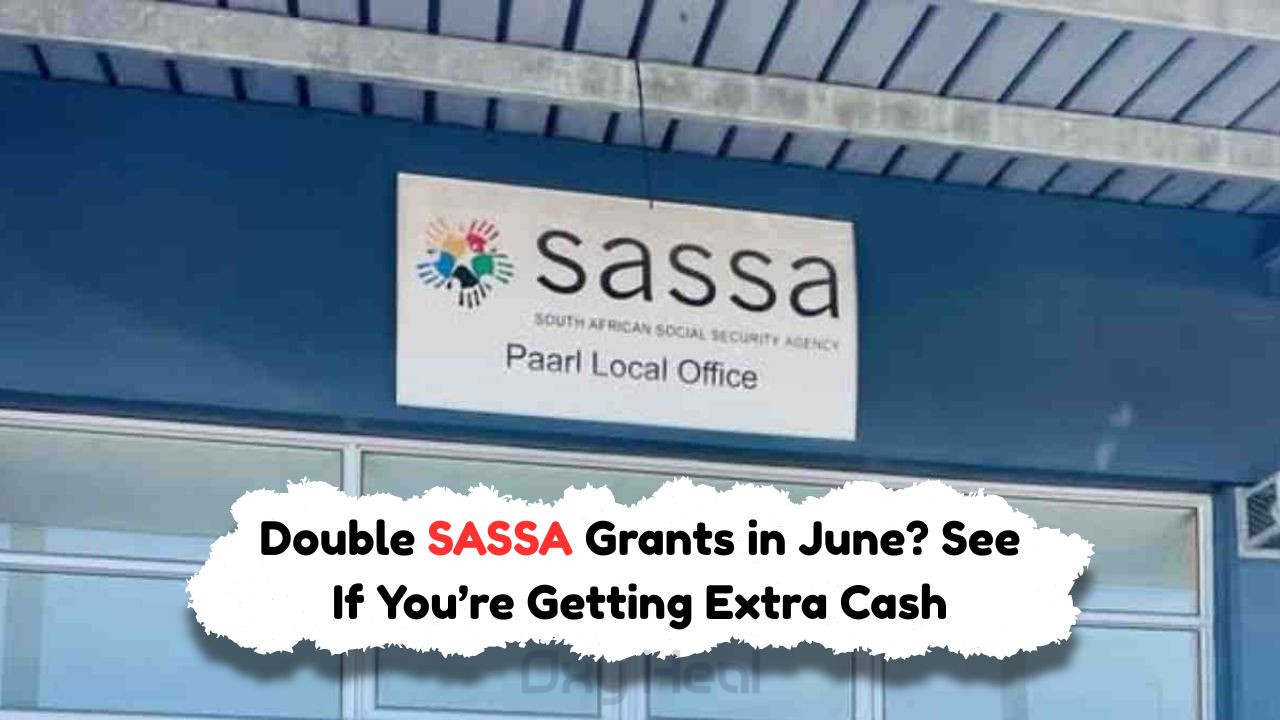UBIG Replaces SRD Grant in 2025: The South African Social Security Agency (SASSA) is set to introduce a significant shift in its grant system by replacing the Special Relief of Distress (SRD) grant with the Universal Basic Income Grant (UBIG) in 2025. This move aims to enhance the financial security of South African citizens while addressing the socio-economic challenges faced by many. The transition from SRD to UBIG represents a pivotal moment in the country’s effort to ensure a more inclusive social welfare system.
UBIG and the Future of South Africa’s Social Welfare
As South Africa gears up for this critical change, the introduction of UBIG is expected to influence the socio-economic landscape significantly. The UBIG is designed to provide a stable, regular income to a broader segment of the population, thereby reducing poverty and inequality. Unlike the SRD grant, which was a temporary measure to alleviate hardships during the COVID-19 pandemic, UBIG offers a more permanent solution, reflecting a commitment to long-term financial stability for South Africans.
Key Features of UBIG:
div id="div-gpt-ad-1748372014361-0">
- Universal coverage for all eligible citizens.
- Consistent monthly payments.
- Designed to reduce poverty and inequality.
- Support for vulnerable and marginalized communities.
The transition to UBIG is expected to streamline the process of grant distribution, making it more efficient and accessible. As the government rolls out this new initiative, it seeks to address the gaps left by the SRD grant and provide a more comprehensive safety net for its citizens.
The Impact of UBIG on the Economy
The introduction of UBIG is not just a social welfare reform but also an economic strategy. By providing a reliable source of income, UBIG is anticipated to stimulate local economies by increasing consumer spending. This, in turn, can lead to job creation and economic growth, fostering a more resilient and sustainable economic environment.
Economic Benefits of UBIG:
- Increased consumer spending.
- Potential for job creation.
- Reduction in poverty-related economic drains.
- Enhanced economic stability and growth.
- Improved financial inclusion.
- Support for small businesses and entrepreneurs.
Challenges and Considerations:
- Funding and sustainability.
- Integration with existing welfare systems.
- Ensuring equitable distribution.
While the potential economic benefits of UBIG are promising, the government must carefully consider the funding and long-term sustainability of such a program. Balancing these factors will be crucial to the successful implementation of UBIG.
Comparing SRD and UBIG
Understanding the differences between the SRD grant and UBIG is important for evaluating the expected outcomes of this policy shift. While both initiatives aim to provide financial support, their scope and impact differ significantly.
Comparison Table:
| Aspect |
SRD Grant |
UBIG |
| Duration |
Temporary |
Permanent |
| Eligibility |
Limited |
Universal |
| Amount |
Fixed |
Variable |
| Coverage |
Targeted |
Broad |
| Impact on Economy |
Limited |
Significant |
| Administrative Complexity |
High |
Moderate |
| Social Impact |
Short-Term |
Long-Term |
Implications for Beneficiaries:
- Expanded Reach: More citizens will benefit from UBIG.
- Long-Term Security: Provides a consistent financial safety net.
- Economic Participation: Encourages consumer spending and economic activity.
The shift to UBIG is poised to provide greater financial security and stimulate broader economic participation, fostering a more equitable society.
Preparation for the Transition
As 2025 approaches, SASSA and the South African government are preparing for the smooth transition from SRD to UBIG. This preparation involves extensive planning, stakeholder engagement, and public communication to ensure that the transition is seamless for all beneficiaries.
Steps to Transition:
- Stakeholder Engagement: Engaging with communities and interest groups.
- Developing a comprehensive implementation plan.
- Ensuring funding and resource allocation.
- Building robust administrative systems.
- Conducting awareness campaigns.
- Monitoring and evaluation mechanisms.
Communication and Support:
- Providing clear information to beneficiaries.
- Establishing support centers for inquiries.
- Ensuring accessibility of information across platforms.
The success of UBIG will depend on effective communication and support mechanisms, ensuring that all South Africans understand and can access the benefits of this program.
Financial Planning and Budgeting
With the introduction of UBIG, financial planning and budgeting become essential components of the implementation strategy. Ensuring the sustainability of this program requires careful consideration of South Africa’s financial resources and economic priorities.
| Year |
Projected Cost |
Funding Sources |
| 2023 |
R20 billion |
Government Budget |
| 2024 |
R25 billion |
International Aid |
| 2025 |
R30 billion |
Tax Reforms |
| 2026 |
R35 billion |
Public-Private Partnerships |
| 2027 |
R40 billion |
Economic Growth |
Conclusion
SASSA’s Forward-Looking Vision: The replacement of the SRD grant with UBIG marks a transformative step in South Africa’s approach to social welfare. By embracing a universal basic income model, the country aims to foster a more inclusive and resilient society. As preparations for this transition continue, stakeholders are encouraged to engage actively in shaping the future of South Africa’s social security landscape.
FAQ Section
- What is UBIG? UBIG stands for Universal Basic Income Grant, a program designed to provide a stable income to all eligible citizens.
- How will UBIG differ from the SRD grant? Unlike the temporary SRD grant, UBIG offers permanent and universal coverage to a broader population.
- When will UBIG be implemented? UBIG is set to replace the SRD grant in 2025.
- Who is eligible for UBIG? All South African citizens meeting the set criteria will be eligible for UBIG.
- How will UBIG impact the economy? UBIG is expected to boost consumer spending, stimulate job creation, and contribute to economic growth.
Departmental Contact Details
SASSA Helpline:
Email: [email protected]
Phone: 0800 60 10 11
Website: www.sassa.gov.za
Department of Social Development:
Email: [email protected]
Phone: 012 312 7500
Website: www.dsd.gov.za






